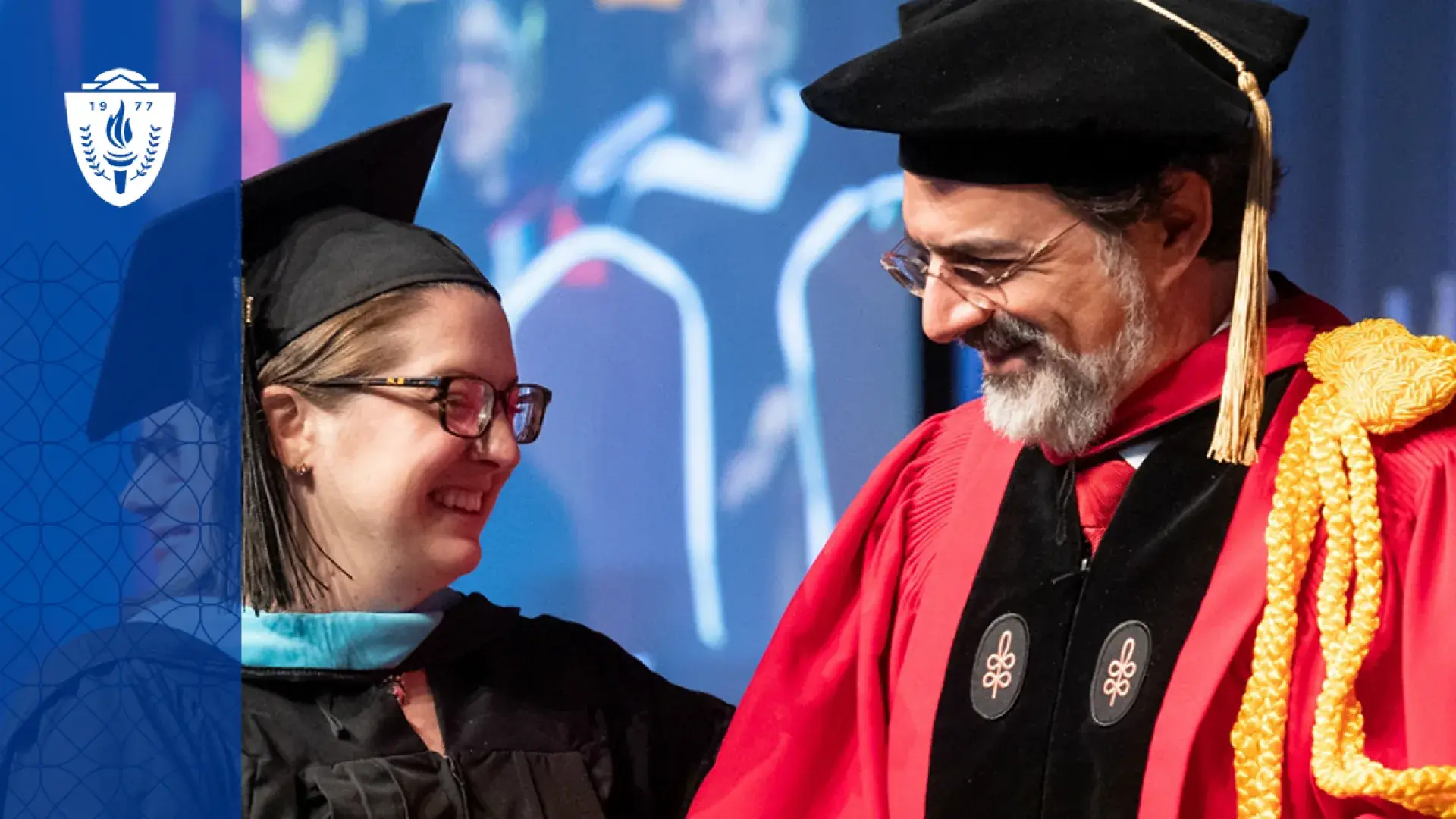
Pursuing a career in health professions education enables you to make a substantial impact on the future of healthcare. These individuals take on additional responsibilities in their dedication to training and molding the next generation of healthcare professionals, ensuring they possess the knowledge, skills, and empathy required to provide high-quality patient care. In this article, we take a closer look into the reasons why individuals should consider a career in health professions education, including medical education and nursing education. We will specifically focus on the significance of enrolling in a graduate program focused on teaching, learning and scholarship.
Shaping the Future of Healthcare
Choosing a career in health professions education is not just a job; it's a calling to make a difference. Educators in this field play a critical role in shaping the competencies and professional attitudes of future healthcare clinicians. The impact of this work extends far beyond the classroom or clinic, influencing patient care standards, healthcare policy, and the overall health of communities.
Reasons to Pursue a Career in Health Professions Education including Medical Education and Nursing Education
- Shaping the Quality of Healthcare: By teaching, mentoring, and inspiring future healthcare professionals, educators ensure the continuous improvement of healthcare services and patient care.
- Advancing Knowledge: Engaging in research and scholarly activities allows educators to contribute to the advancement of health professions education and sciences, investigating best practices for educational interventions as well as best practices for implementation of the principles of justice, equity, diversity and inclusiveness.
Career Opportunities and Growth
- Broad Educational Roles: Careers in health professions education are not limited to traditional teaching. They include curriculum development, educational technology, leadership, and administration positions.
- Continuous Learning and Professional Development: Educators remain at the forefront of medical and healthcare advancements, continually learning and evolving with the field.
- Networking and Collaboration: Working alongside and international group of healthcare professionals opens numerous opportunities for collaboration and professional growth.
Personal Fulfillment and Recognition
- Making a Difference: There's a deep sense of fulfillment in knowing that your work contributes to the betterment of healthcare and directly impacts patient outcomes.
- Recognition and Respect: Being part of an esteemed community of educators in health professions education brings recognition and respect from peers and the broader healthcare community.
Flexibility and Stability
- Variety in Work Environments: Opportunities exist in universities, hospitals, online platforms, and professional organizations, offering flexibility in work environments.
- Job Security: The constant demand for healthcare professionals translates into ongoing needs for skilled educators, ensuring job security in this field.
The Role of Graduate Programs in Health Professions Education
Graduate programs play an important role in preparing individuals for careers in health professions education. These programs offer advanced training in teaching methods, curriculum development, assessment strategies, and educational leadership. Graduates are well-equipped to meet the challenges of educating in complex and rapidly changing healthcare environments.
The Future of Health Professions Education
The future of health professions education promises even greater opportunities for impact and innovation. With the integration of new technologies, such as virtual reality, artificial intelligence, simulation education, and the increasing focus on interprofessional education, the field is set to undergo significant transformations. Educators will have the opportunity to explore new teaching methodologies, develop more effective and inclusive curricula, and lead the way in applying these innovations into healthcare education.
A career in health professions education offers a unique combination of impact, opportunity, and fulfillment. It's a field where one can truly make a difference, shaping the future of healthcare through the education of the next generation of medical and healthcare professionals. Whether through direct teaching, curriculum development, or educational research, the contributions of health professions educators are vital to the advancement of clinician training and the improvement of patient care. For those considering this path, enrolling in a graduate education program can be the first step towards an impactful career in health professions education
